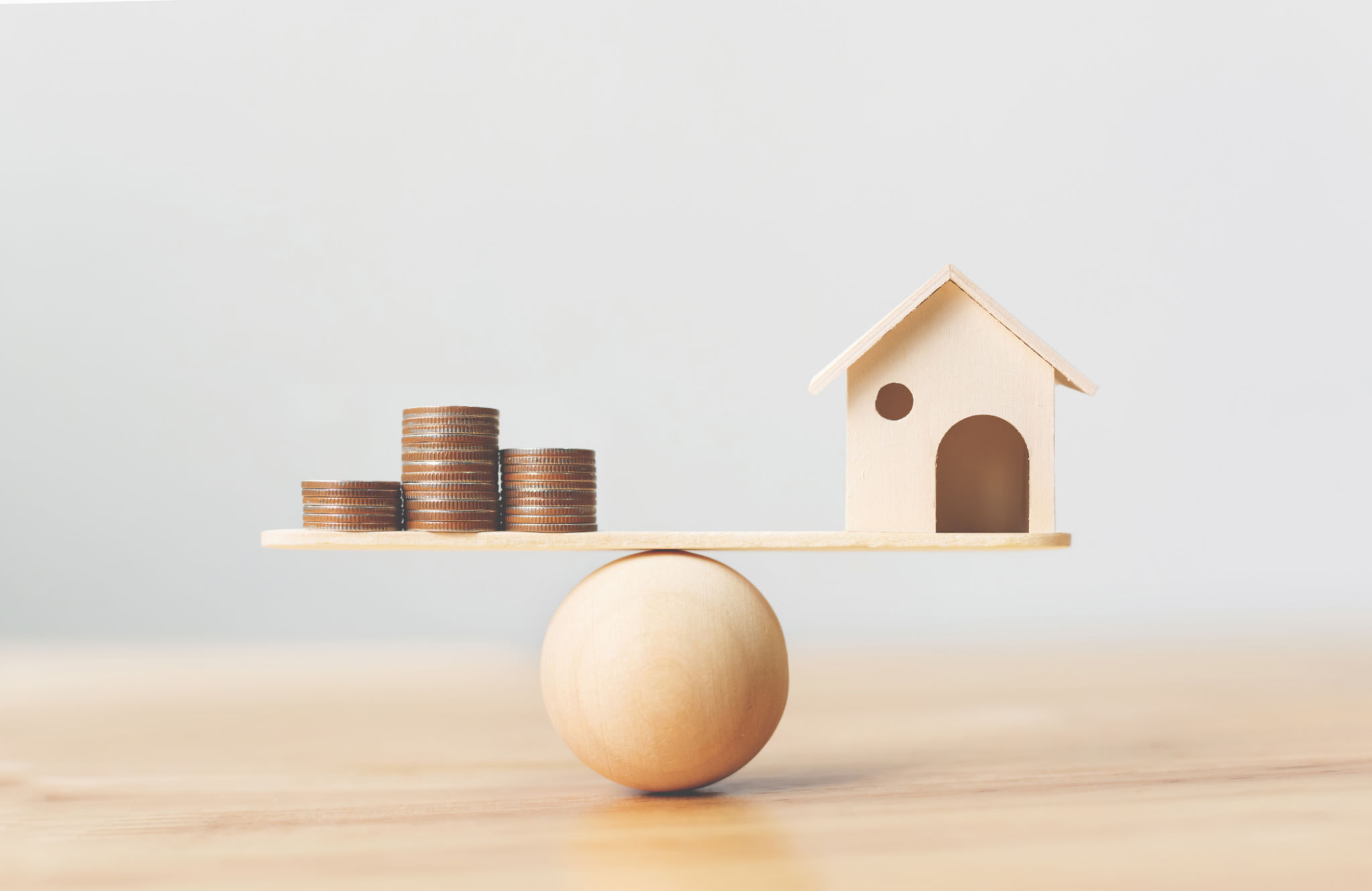Understanding 2nd Mortgages: A Comprehensive Guide for Canadian Homeowners
SC
What is a Second Mortgage?
A second mortgage is a type of loan that allows homeowners to borrow against the equity in their home. It is called a "second" mortgage because it is secondary to the primary mortgage that was used to purchase the home. The amount you can borrow with a second mortgage is typically based on the difference between the current market value of your home and the remaining balance on your primary mortgage.

One of the main advantages of a second mortgage is that it provides homeowners with access to a significant amount of cash, which can be used for various purposes such as home improvements, debt consolidation, or unexpected expenses. However, like any financial product, it is important to understand both the benefits and risks before proceeding.
Types of Second Mortgages
Home Equity Loans
A home equity loan, often referred to as a second mortgage loan, provides homeowners with a lump sum of money. This type of loan usually comes with a fixed interest rate and a set repayment term, making it easier for homeowners to budget their finances.
Home Equity Lines of Credit (HELOC)
A Home Equity Line of Credit (HELOC) works more like a credit card. It allows homeowners to borrow money as needed up to a certain limit. HELOCs typically have variable interest rates, which means your monthly payment could change over time.

Benefits of Second Mortgages
Second mortgages offer several benefits. Firstly, they generally have lower interest rates compared to personal loans or credit cards, as they are secured against your property. Secondly, the interest paid on a second mortgage may be tax-deductible in some cases, although it's important to consult with a tax advisor to understand your specific situation.
- Flexible Use of Funds: You can use the funds for any purpose, including home renovations, education expenses, or medical bills.
- Debt Consolidation: Consolidate high-interest debts into one manageable payment with potentially lower interest rates.
However, keep in mind that failure to repay a second mortgage could result in foreclosure. Therefore, it's crucial to assess your financial situation and ensure you can meet the repayment obligations before borrowing.

How to Qualify for a Second Mortgage
Qualifying for a second mortgage in Canada typically involves meeting certain criteria set by lenders. These may include having sufficient equity in your home, a stable income, and a good credit score. Lenders will also assess your debt-to-income ratio to ensure you can handle additional monthly payments.
- Calculate your home equity by subtracting the balance of your primary mortgage from your home's current market value.
- Maintain a good credit score by paying bills on time and managing existing debts responsibly.
- Prepare necessary documentation, such as proof of income and employment details.
If you're considering a second mortgage, it's advisable to shop around and compare offers from different lenders to find the best terms and conditions suitable for your needs.
